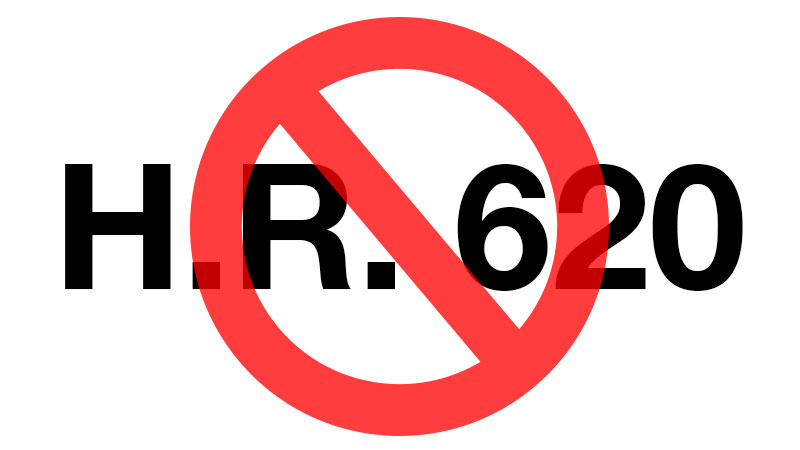This week the House of Representatives may vote on H.R. 620, the ADA Education and Reform Act. If passed, this resolution will be profoundly damaging to the ADA. The ADA is a civil rights law. It should go without saying that disability rights are civil rights.
In July of 1990, when he signed the ADA into law President George H.W. Bush declared “This historic act is the world’s first comprehensive declaration of equality for people with disabilities — the first. Its passage has made the United States the international leader on this human rights issue… Together, we must remove the physical barriers we have created and the social barriers that we have accepted. For ours will never be a truly prosperous nation until all within it prosper.”
H.R. 620 seeks to keep the barriers that still remain – and barriers that have been constructed since the passage of the ADA nearly thirty years ago – firmly in place. The Consortium for Citizens with Disabilities (CCD) explains what will change under H.R. 620, “the burden of protecting the right to access a public place is shifted to the person with the disability, who first has to be denied access; then must determine that violations of the law have occurred; then must provide the business with specific notice of which provisions of the law were violated and when; and finally, the aggrieved person with the disability must afford the business a lengthy period to correct the problem.” They go on to point out, “We know of no other law that outlaws discrimination but permits entities to discriminate with impunity until victims experience that discrimination and educate the entities perpetrating it about their obligations not to discriminate. Such a regime is absurd, and would make people with disabilities second-class citizens.”
We cannot continue to fall short of the global leadership position that former President Bush Sr. envisioned for our nation on that sunny day in July. Nor can we fall short of our obligations to ourselves and our fellow Americans with disabilities. I will not be put in a position which requires me to quietly explain that my civil rights exist, or politely ask that those rights be respected and wait patiently for a response. Neither will I tolerate a society that places that burden on any other person.
In the face of this resolution we must speak up for ourselves, our families, and our friends. This week I will be calling my member of Congress to urge them to vote against H.R. 620. If you care to join me in this action, you can reach your congressperson by calling the Capitol switchboard at (202) 224-3121, or send a letter to your congressperson with just a few clicks here.

Christian McMahon,
Communications Specialst

